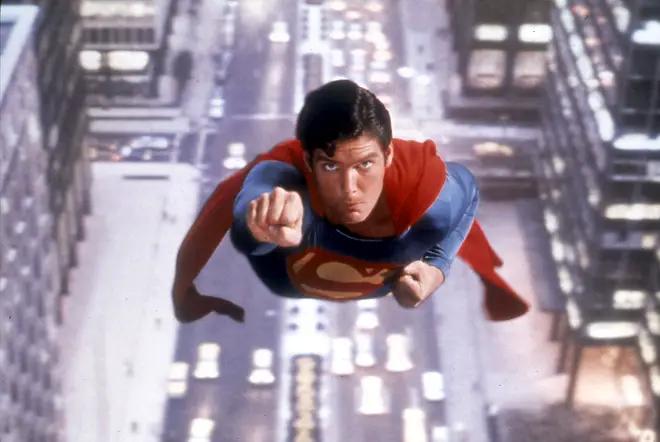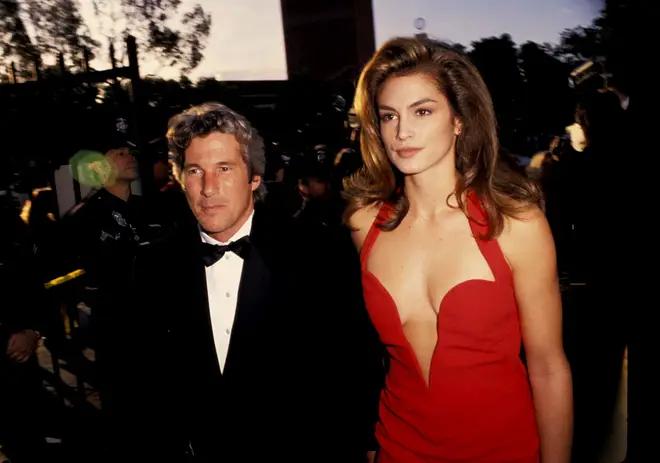Christopher Reeve, forever etched in our minds as the Man of Steel, faced a life-altering event in 1995 that could have broken anyone. Yet, instead of succumbing to despair, he rose above his circumstances, embodying resilience and becoming a powerful voice for change.
A Stellar Career Cut Short
Born in 1952, Reeve’s path to stardom was paved with talent and dedication. His training at Juilliard honed his acting prowess, leading him to captivate audiences on stage. But it was his portrayal of Superman in the late 70s and 80s that launched him into international fame.
Reeve’s acting range extended far beyond the cape. He demonstrated his versatility in films like “Somewhere in Time” and “The Remains of the Day,” garnering critical acclaim for his performances. His passion for acting transcended genres, leaving an indelible mark on theatre, film, and television.
The Day That Changed Everything
May 27, 1995, marked a turning point in Reeve’s life. An avid equestrian, he was competing in an event in Culpeper, Virginia, when his horse, Eastern Express, unexpectedly stopped short during a jump. This sudden halt catapulted Reeve headfirst over the obstacle, leaving him with a catastrophic spinal cord injury.
The impact, specifically at the C1 and C2 vertebrae, resulted in paralysis from the neck down. Reeve’s world was forever altered. He was reliant on a ventilator to breathe and faced the daunting task of adapting to a life without mobility.

Christopher Reeve as Superman. Picture: Alamy
Triumph Over Tragedy
What could have been a descent into despair became a testament to the human spirit. With unwavering support from his wife, Dana, Reeve faced his challenges head-on. He underwent multiple surgeries and grueling rehabilitation, determined to reclaim his life.
But Reeve’s vision extended beyond his personal struggles. He channeled his experience into becoming a staunch advocate for disability rights and a tireless champion for medical research.
A Voice for Change
Reeve understood the limitations of existing medical treatments for spinal cord injuries. Fueled by his belief in the power of science and research, he established the Christopher Reeve Foundation in 1998 (later renamed the Christopher & Dana Reeve Foundation). The foundation’s mission was clear: fund groundbreaking research and improve the lives of those living with paralysis.

Christopher Reeve in 1996, a year after his accident. Picture: Getty
Reeve’s advocacy resonated far beyond the scientific community. Leveraging his celebrity, he became a powerful voice for disability rights, raising awareness about accessibility and inclusion. He challenged societal perceptions and advocated for policy changes that would improve the lives of millions.
A Legacy of Hope
Reeve’s return to the entertainment industry was a testament to his indomitable spirit. In 1997, he directed the critically acclaimed television film “In the Gloaming,” earning multiple Emmy nominations. This achievement proved that limitations were self-imposed and that passion could overcome any obstacle.
He also penned two autobiographies, “Still Me” and “Nothing is Impossible: Reflections on a New Life,” sharing his journey with unflinching honesty. His words resonated with readers worldwide, offering hope and inspiration to those facing adversity.
Reeve’s surprise appearance at the 2000 Academy Awards was a poignant moment. He delivered a powerful speech, advocating for greater inclusion of people with disabilities in the film industry and beyond. This public appearance solidified his status as a symbol of resilience and a tireless champion for change.
 Dana & Christopher Reeve At The GQ Men Of The Year Awards
Dana & Christopher Reeve At The GQ Men Of The Year Awards
Dana and Christopher Reeve at the GQ Men of the Year Awards. Picture: Getty
An Enduring Impact
Christopher Reeve’s life was tragically cut short in 2004 at the age of 52. However, his legacy continues to inspire and fuel progress. The Christopher & Dana Reeve Foundation remains at the forefront of paralysis research, supporting individuals and families impacted by spinal cord injuries.
Reeve’s story is a powerful reminder that even in the face of unimaginable hardship, the human spirit can triumph. He transformed tragedy into a platform for change, leaving behind a legacy of hope, resilience, and unwavering advocacy that continues to inspire generations.



